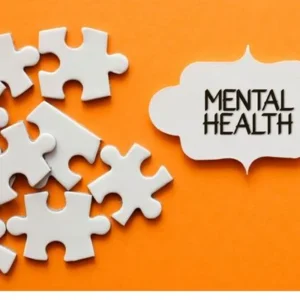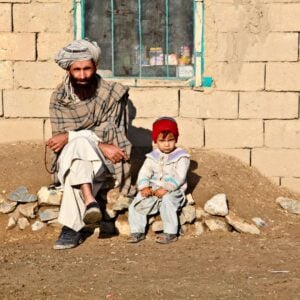A new evidence brief from the United Nations’ Special Programme in Human Reproduction (HRP) and the World Health Organization (WHO) highlights the transformative impact of contraceptive use on women’s health and socioeconomic outcomes. Drawing on six systematic reviews, the report consolidates evidence showing that modern contraception not only reduces health risks but also strengthens women’s agency, educational attainment, and participation in the workforce.
Contraceptive use has significant health benefits, notably lowering the incidence of high-risk pregnancies and maternal morbidity and mortality. Women using contraception are 30% less likely to experience high-risk pregnancies, and countries like Bangladesh and Brazil have seen substantial reductions in maternal deaths due to access to modern methods. Beyond maternal health, hormonal contraceptives provide protective effects against ovarian and endometrial cancers, with users experiencing a 36% lower risk of ovarian cancer and a 44% lower risk of endometrial cancer compared to non-users, although some increased risk of cervical cancer remains, which can be mitigated through HPV vaccination.
Menstrual and mental health also improve with contraceptive use. Hormonal methods reduce symptoms of menstrual pain, endometriosis, and abnormal bleeding, contributing to better quality of life and decreased absenteeism from school or work. Mental health outcomes vary: contraceptives can reduce depressive and anxiety symptoms in women with pre-existing conditions, while certain hormonal methods may slightly increase the risk of depression in women without prior mental health issues. The brief emphasizes the importance of personalized contraceptive counselling that accounts for mental health.
Crucially, contraception empowers women by enhancing decision-making power, control over resources, and participation in education and the workforce. Among adolescents and young women, interventions linked to contraceptive access have reduced teenage pregnancy rates by more than half, demonstrating the broader socioeconomic impact of family planning.
The WHO brief calls for universal access to quality family planning services, integration of empowerment strategies into reproductive health programs, and tailored services for adolescents and young women. It also underscores the need for training health-care providers, strengthening health systems, and incorporating mental health into contraceptive counselling. While the benefits are clear, gaps remain in understanding the long-term effects of contraceptive use and the experiences of women with underlying health conditions, highlighting the need for continued investment in rigorous research.
“The evidence reaffirms that contraceptive access is not merely a health intervention – it is a cornerstone of gender equality, economic development and public health,” said Pascale Allotey, Director of HRP and WHO’s Department on sexual, reproductive, maternal, child and adolescent health and ageing (SRMCAHA).







